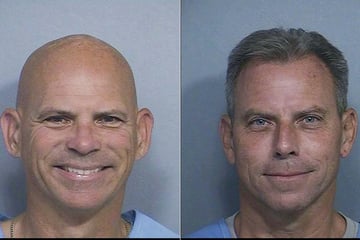Navy announces sweeping effort to address bias in its ranks
Arlington County, Virginia – Racial and gender biases and systemic inequality have a deleterious effect on military readiness, and the US Navy is adopting dozens of recommendations to address it, the service announced Wednesday.
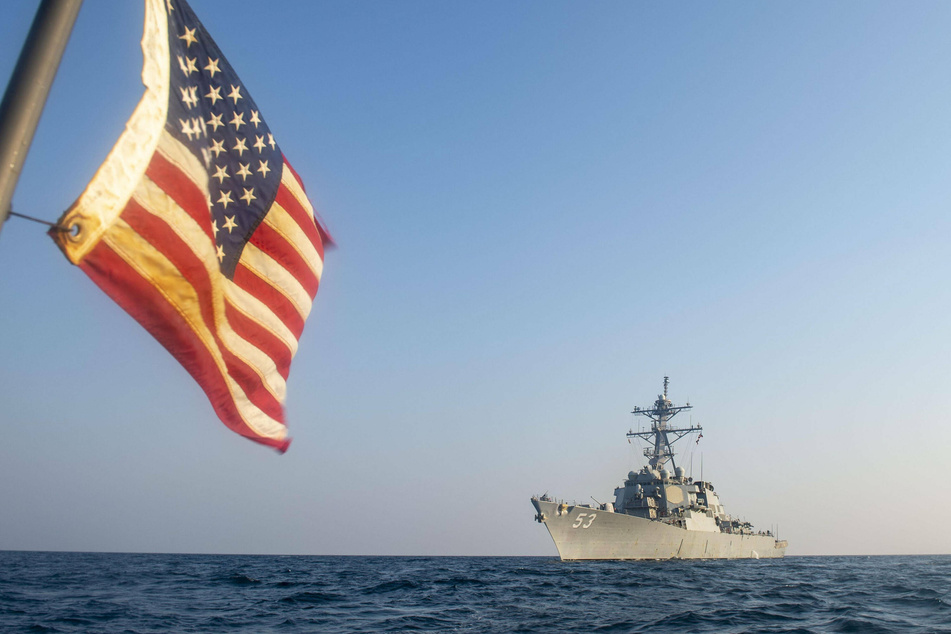
The Navy released a comprehensive review of these issues by a task force launched amid last summer's racial justice protests.
The task force's 56 recommendations span all aspects of the Navy's sprawling organization, from recruiting and promotion disparities to the names of ships that honor Confederates and white supremacists. It also recommends adding a fourth "core value" to the service's current ethos of "honor, courage, commitment" – respect.
The task force found that while the Navy's enlisted ranks are more racially diverse than the American public, its officer core is "overwhelmingly" white. Women also are underrepresented throughout the service.
Dubbed "Task Force One Navy," the effort was established by Chief of Naval Operations Adm. Mike Gilday on July 1 to examine racism and sexism in the ranks and make recommendations to "dismantle barriers to equality," the report said. To accomplish this, the service assigned senior flag officers and enlisted leaders to working groups that examined recruiting, retention, professional development, and innovation and STEM.
Data in the task force report show the Navy is 80% men and 20% women. Its officer corps is 77% white, and its enlisted side is 59% white. Black people make up almost 20% of the enlisted ranks but comprise only 8% of the officer corps. Latinos represent 18% of the enlisted Navy but just 9% of the officer corps. Asians make up 6% of both the officer and enlisted sides of the Navy.
By comparison, the United States is 76% white, 18% Latino, 13% Black, and 6% Asian, according to the census.
The task force found starker racial disparities among the service's specialized communities, such as the SEALs, submarines, and aviation.
The Navy hopes to remove institutional barriers to people of color
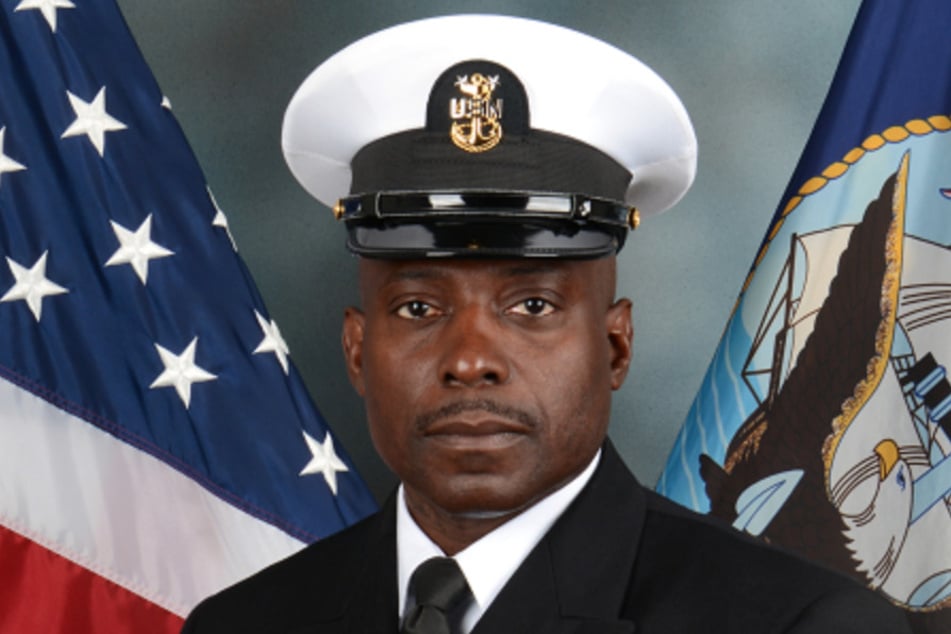
Among the recommendations is one to review and rename ships whose current names honor the Confederacy, white supremacists, or "culturally insensitive persons."
Ships that potentially fall into those categories include the guided-missile cruiser USS Chancellorsville, named for a Confederate Civil War victory, and the aircraft carrier USS John C. Stennis, named after a segregationist Mississippi senator.
Force Master Chief Huben Phillips served as the senior enlisted adviser on the task force. Phillips, who is Black, said in an interview that today's sailors won't face the same institutional barriers he did over his more than 25 years in the Navy.
"[The task force recommendations] resonated with me a lot," Phillips said. "We felt as though the weight of the world was on us. This is such a great day for me because the recommendations we have going forward ... sailors who are in the pipeline now are not gonna have some of the experiences I had."
The task force found racial discrepancies for promotions in both the enlisted and officer ranks.
On the officer side, minority officers are promoted at about the same rate as White officers, but because there are so few minority candidates to begin with, minorities are underrepresented throughout. On the enlisted side, advancement rates are lower for people of color than for white sailors, the task force found.
The Navy came out with several recommendations for improvement
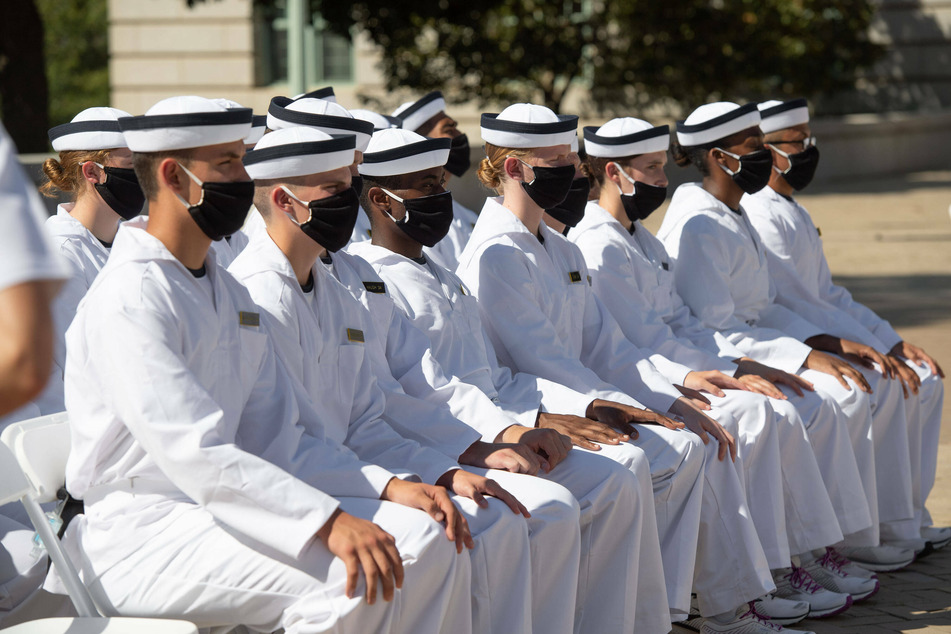
The task force recommended several ways to address these discrepancies, such as making sure selection boards are diverse and removing candidate head shots from officer selection packages. It also recommended the Navy consider using a "diversity" stamp during selection boards "to support an inclusion policy toward meeting stated DOD/Navy force composition requirements."
The recommendation is not an endorsement of a quota system, but it furthers the goal of compensating for conscious and unconscious bias, said Vice Adm. John Nowell, the chief of naval personnel and the deputy chief of naval operations for manpower, personnel, training, and education.
"This is not about quotas – we don't do that at boards, and we don't do that in nomination packages for high visibility jobs," Nowell said during an interview. "We require that diversity is considered. We do look at the packages to see whether there's diverse nominations. ... We want diversity to be a consideration, but across a number of categories."
Another way the task force recommends the Navy address discrepancies in the officer ranks is to improve its recruitment of recent college graduates by expanding its student loan repayment program and expanding Navy ROTC programs to colleges in communities with higher minority populations.
The task force recommendations come as the military as a whole is working to address racial discrepancies.
The US Army and the Pentagon were open to renaming 10 Army installations named for Confederates last year, but former President Donald Trump intervened, writing on Twitter that no such actions would be considered.
The recommendations did not address extremism among sailors
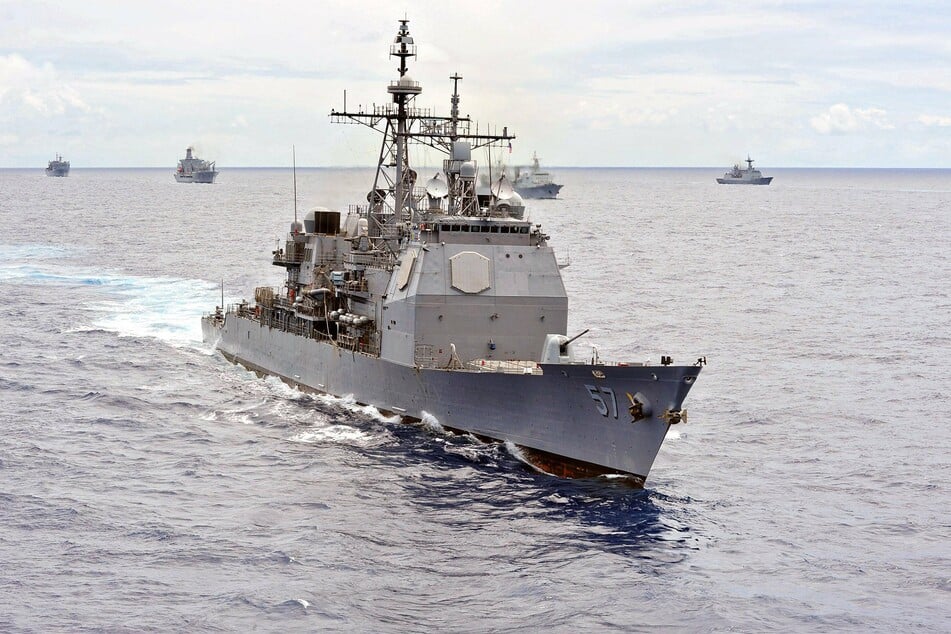
New Defense Secretary Lloyd Austin III, who is the first Black man to hold the position, ordered each branch of the military to address extremist ideologies in their ranks in the next 60 days, a Pentagon spokesman said Wednesday.
Although "countering hate speech" is among the Navy task force's recommendations, the recommendations did not specifically address extremism among sailors.
A Black San Diego-based sailor found a noose on his rack on board the guided-missile cruiser USS Lake Champlain on January 26. Although neither Nowell nor Phillips commented on that incident, Phillips said it is up to sailors to trust their chain of command and report people who express extreme views.
"When people self-identify (as extremists), I think we deal with them very quickly," Phillips said. "We will see more, and sailors will report more, as trust builds."
Phillips said he has heard hateful comments during his time in the Navy but he never reported it.
"I've seen it. I've heard it directed at me and I've never reported it," he said.
"For me personally, I think it was just self-preservation. It was just 'you know what, I'm just gonna work hard and show someone else that I'm better than that.' My father personally taught me that – he taught me survival in that space."
Phillips said he's confident today's sailors and the next generation won't tolerate such things and will speak out. Gilday, the chief of naval operations, has the chain of command's support in addressing these issues, Phillips said.
"(He) doesn't stand alone, and I think because of that we're gonna see some change in our Navy, and I'm proud to be a part of it," Phillips said.
Cover photo: IMAGO / ZUMA Wire
